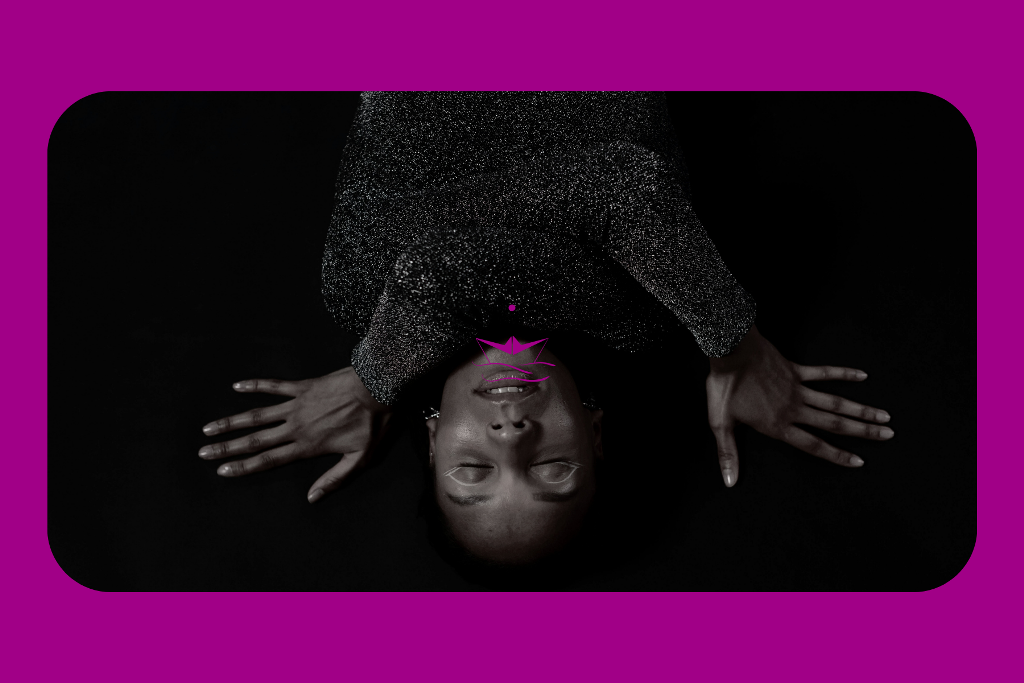What Is Instinct?
After exploring "What Does It Mean to Know?" and "What Does It Mean to Sense?", now we can take a look at “What Is Instinct?” I previously defined knowing as the sum of a being’s instinctual, sensory, intuitive, emotional, intellectual, spiritual, and perceptual elements, encompassing all these facets. In other words, mere rationality and the ability to define things with words do not fully capture the concept of knowing; it falls short.
In attempting to explain intuition scientifically, I described it as the unconscious storage of information on a given topic, allowing us to sense certain outcomes even before they occur. From a more spiritual perspective, intuition is our ability to see a person or situation as it is, beyond the judgments and overthinking that cycle in our minds.
In the body, I locate knowing in the head, sensing around the chest, and instinct and drive in the pelvic region. This resembles the three centers of Tai Chi: 1) the energy center of the physical body (abdomen), 2) the energy center of the emotional body (chest), and 3) the energy center of the mental body (head). Here, it’s useful to remember that while we are a whole, we make distinctions to better understand ourselves—these centers do not operate independently but rather sustain each other, each with different focal points. Their first perception of life varies according to their distinct qualities.
Another related concept is the “triune brain” model, which divides the brain into three parts: 1) the reptilian brain, 2) the limbic brain, and 3) the rational brain. According to this model, each brain region is differentiated by function, yet modern neuroscientists generally dismiss this as overly simplistic, as neural networks exhibit a complexity we are still trying to unravel. They do not believe the brain can be so strictly divided into three parts.
While the triune brain concept can serve as a framework, it’s helpful not to fixate on it as physiological reality, because in practice, we can distinguish our drives from our emotions and cognitive processes. The issue with these models often lies in our overly literal interpretation, neglecting the psychological concept behind them. Humanity has long used archetypal and symbolic frameworks to define itself.
Nothing But Survival
In English, instinct is often translated as “instinct” or “gut.” Generally, it refers to behavior patterns in animals that are innate and automatic, rather than learned. These patterns are typically related to survival, like building nests, mating, or fleeing in the face of danger.
Our instincts are essentially there to keep us alive. In more energetic language, this could be connected to our root chakra, which centers on survival and grounding. It’s a system that, without rational thought, automatically reacts to protect us from harm, either by prompting action or inducing stillness, urging our body to respond.
For example, sensing a lion approaching from behind in the forest before it pounces may be felt instinctively even before the mind registers it, prompting us to move more quietly. In a modern context, you might know that someone walking behind you is unsafe without consciously analyzing it. Of course, some experiential cues—like your environment, the appearance of the person, etc.—may contribute cognitively to this awareness, yet deep down, our instinct alerts us that we’re in danger.
Another example: imagine you’re texting while walking and unconsciously step into the road as a car speeds by, pulling back suddenly. Your thoughts were on your message, but the action of stepping back was reflexive, designed to keep you safe from harm. While instincts are more complex and often result in longer-term behaviors, they operate on the same principle of bodily signals acting as protectors.
These instinctual responses are often attributed to animals—for example, birds knowing to migrate with seasonal changes. Since they bypass rational thought, such responses are considered instinctive. Türker Kılıç, in *Connectivity: Companionship*, explores instincts as part of a concept of companionship, a bond with life itself.
Why Are Instincts Looked Down Upon?
For instincts and reflexes to protect us and allow us to travel through life safely, our body must remain receptive, relaying these signals quickly, without blocking them through repetitive rational thinking. Rational thought can process and interpret these instinctual signals, but we often see instincts as wild, primitive elements to be tamed.
Especially when it comes to sexuality, instincts related to it are often demonized as an uncontrolled mechanism, relegated to an “animalistic” side we tend to look down upon. We may associate it with something low simply because it’s perceived as animalistic.
But are our lower aspects truly our “dark” sides?
Let’s explore this more deeply in the next blog.


